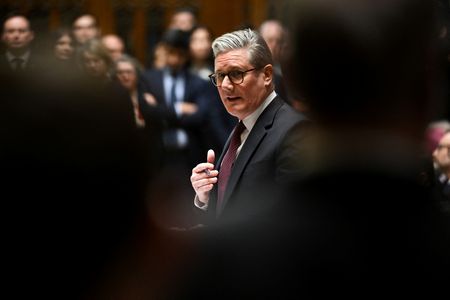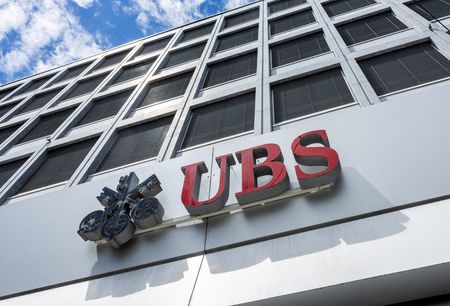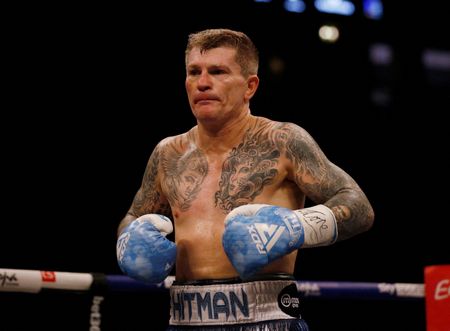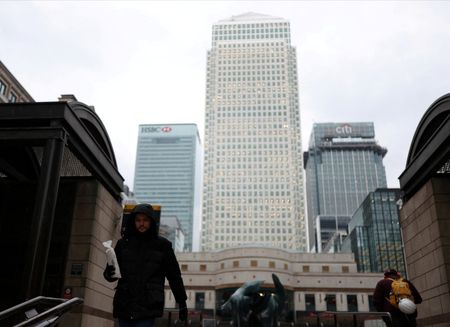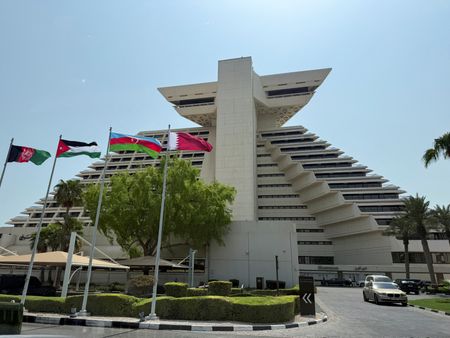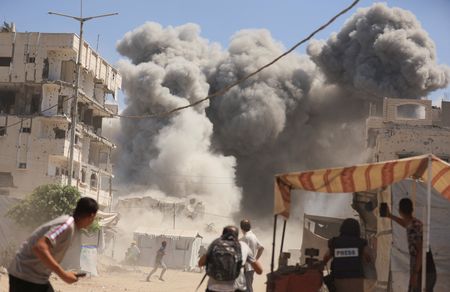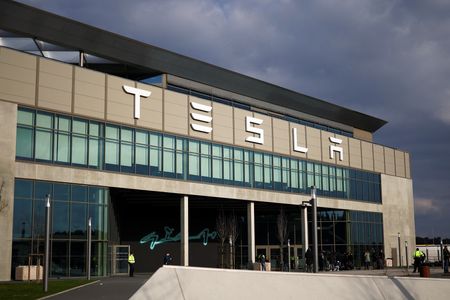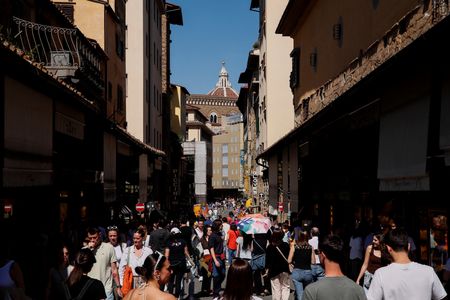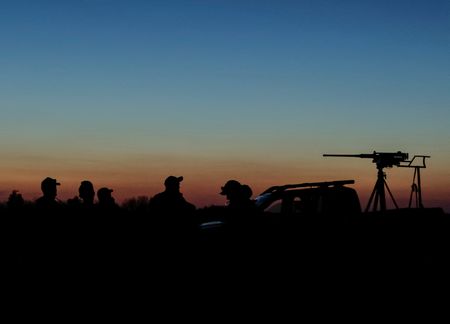PARIS (Reuters) – European leaders meeting in Paris on Monday for emergency talks called for higher defense spending to ramp up the continent’s defense capabilities but remained divided on the possible deployment of peacekeepers to Ukraine to back up any peace deal.
Below are some quotes from European leaders after leaving the meeting at the Elysee Palace.
GERMAN CHANCELLOR OLAF SCHOLZ
On the idea of deploying European peacekeepers, Scholz said it was “completely premature and completely the wrong time to have this discussion now … I want to say that quite frankly, people are talking over Ukraine’s head, about the outcome of peace talks that have not taken place and to which Ukraine has not said yes.”
On defense spending, Scholz said: “If European states want to spend more (than 2%) on defense, Germany is supportive that this expenditure is not taken into account in European budget deficit calculations.”
BRITISH PRIME MINISTER KEIR STARMER
“Today’s informal meeting of European leaders was a vital first step in responding to that challenge on defense. It’s clear the US is not going to leave NATO, but we Europeans will have to do more.”
“The issue of burden sharing is not new, but it is now pressing, and Europeans will have to step up, both in terms of spending and the capabilities that we provide on Ukraine.”
“We’re at the very early stage of the process. Europe must play its role, and I’m prepared to consider committing British forces on the ground alongside others, if there is a lasting peace agreement, but there must be a U.S. backstop, because a U.S. security guarantee is the only way to effectively deter Russia from attacking Ukraine again.”
POLISH PRIME MINISTER DONALD TUSK
“Transatlantic relations and our friendship with the United States are at a new stage and we all see that. No one should probably be surprised that today this meeting also confirmed that our European partners realise that the time has come for a much greater ability for Europe to defend itself.”
Tusk also said there was “a very important confirmation … that defense spending will no longer be treated as excessive spending, so we will not be at risk of the excessive deficit procedure and all its unpleasant consequences.”
DANISH PRIME MINISTER METTE FREDERIKSEN:
“All Europeans have to step up when it comes to Ukraine, and at the same time step up defense spending at home, because Russia is threatening all of Europe now, unfortunately.”
“I don’t think they are going to stop in Ukraine and therefore I’m very concerned about making a fast ceasefire because it could give Putin and Russia a possibility to go back and mobilize again, attack Ukraine or another country in Europe.”
“When it comes to European defense spending, I expect that when we meet in the European Council next time, we will have an agreement about the fiscal rules and the way forward in ensuring that all member states can actually lift our expenditures on the defense.”
On possibly sending Danish troops: “We are open to discussing many different things, but I would also like to emphasize that there are really really many things that need to be clarified before we reach this situation, because we are talking about the safety of our own men and women.”
SPANISH PRIME MINISTER PEDRO SANCHEZ:
“The peace talks must actively involve the EU and Ukraine, reinforce the multilateral order and international law, and also reinforce Europe.”
“We welcome such talks that could derive in a just and lasting peace, but we must remind ourselves that it cannot be a false closure. We cannot repeat the mistakes of the past.”
EUROPEAN COMMISSION PRESIDENT URSULA VON DER LEYEN
“Today in Paris we reaffirmed that Ukraine deserves peace through strength. Peace respectful of its independence, sovereignty, territorial integrity, with strong security guarantees. Europe carries its full share of the military assistance to Ukraine. At the same time we need a surge in defense in Europe.”
(This story has been corrected to clarify that Scholz did not say that Germany was prepared to contribute soldiers to a security guarantee for Ukraine, in paragraph 3)
(Editing by Richard Lough)

